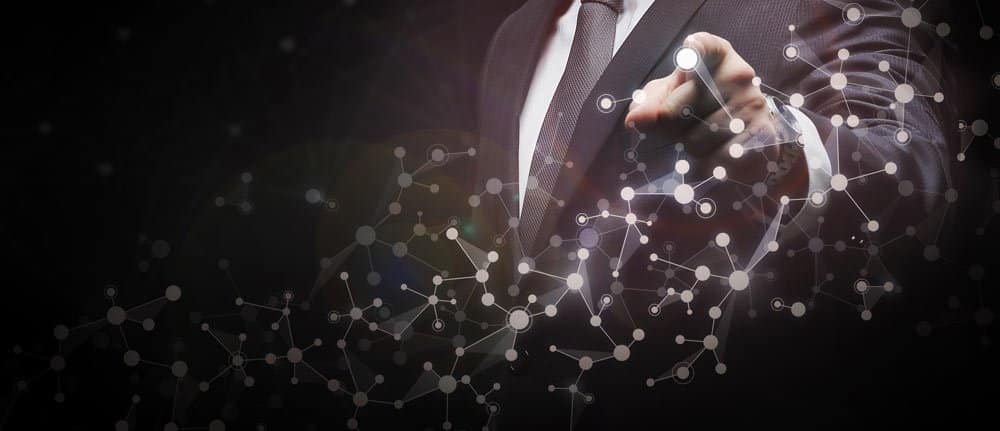Do not worry about beating the bots

Insurance agents, lawyers, delivery drivers, doctors, bankers and factory workers around the world are wondering what they will do when machines do more and more of almost everything. If machines can do more and more, how will we make a living? One thing can no longer be argued away: the fact that machines are becoming more productive every day, they will take over some professions and make some of today's skills obsolete.
New era of growth
However, when you take a closer look at how companies are currently using artificial intelligence (AI) as a next-generation tool to increase productivity, it's less scary.
The reality is that for those who learn to create and manage AI tools and new business models, the fourth industrial revolution will usher in an era of growth, higher employee motivation and satisfaction, and lower costs.
Is AI creating or destroying jobs?
A common scenario is that artificial intelligence will take over the more boring, routine and menial tasks that many of us have to do, often reluctantly, on a daily basis - so the machines can be seen as welcome new colleagues.
Improvements in artificial intelligence bring more efficiency, more productivity, and ultimately more opportunities for people to do higher-value work. In this way, jobs will be preserved and new ones created, rather than destroyed.And what do we need to do to be on the winning side in this new era?
Employers must now define which operations, functions, processes, systems and experience should be automated. On the other hand, they must also define which work should remain firmly assigned to people and be supported by new technologies.
Man or machine - who does what?
For a bank employee, this means that they can provide better financial advice to their customers because they know immediately what is right for the customer by interpreting the customer data.
For a doctor, that means better patient care because his portable device tells him the patient's data (with permission) even before someone from the waiting room comes in. And a farmer can harvest better crops because he can keep an eye on every part of a field with sensors.
Utopians versus anti-utopians
The debate now sways back and forth between the utopians - who see technology as the solution to all problems - and the anti-utopians, who see a nightmare for humans defined by technology. Both are wrong.
Smart makers are already applying artificial intelligence systems as tools to increase productivity, and this is also the model for the future of our work. This is a pragmatic approach, and this mindset is also the best first step we can take to derive new value and benefits from the fourth industrial revolution






